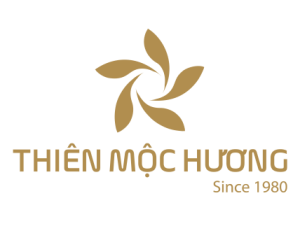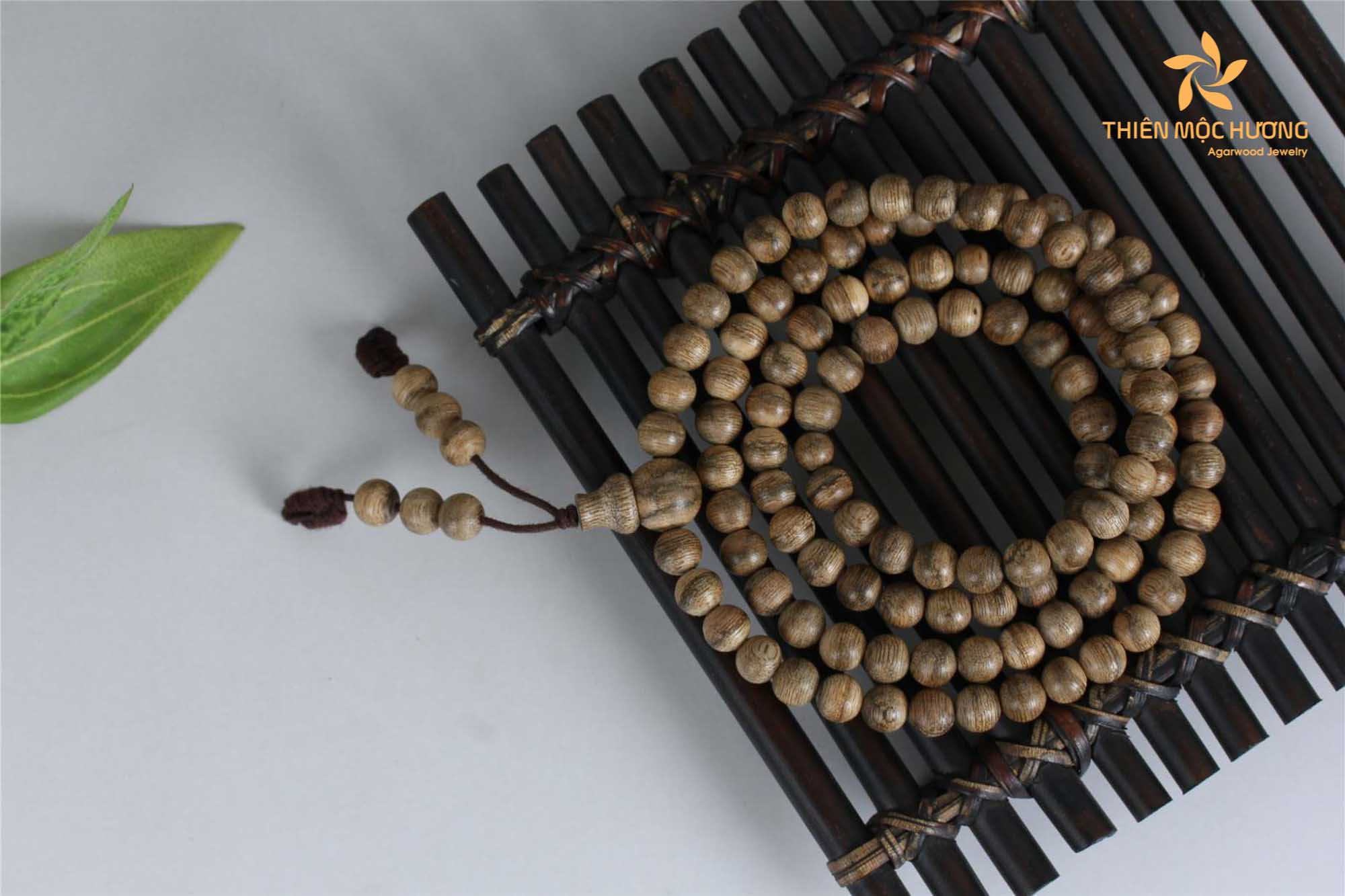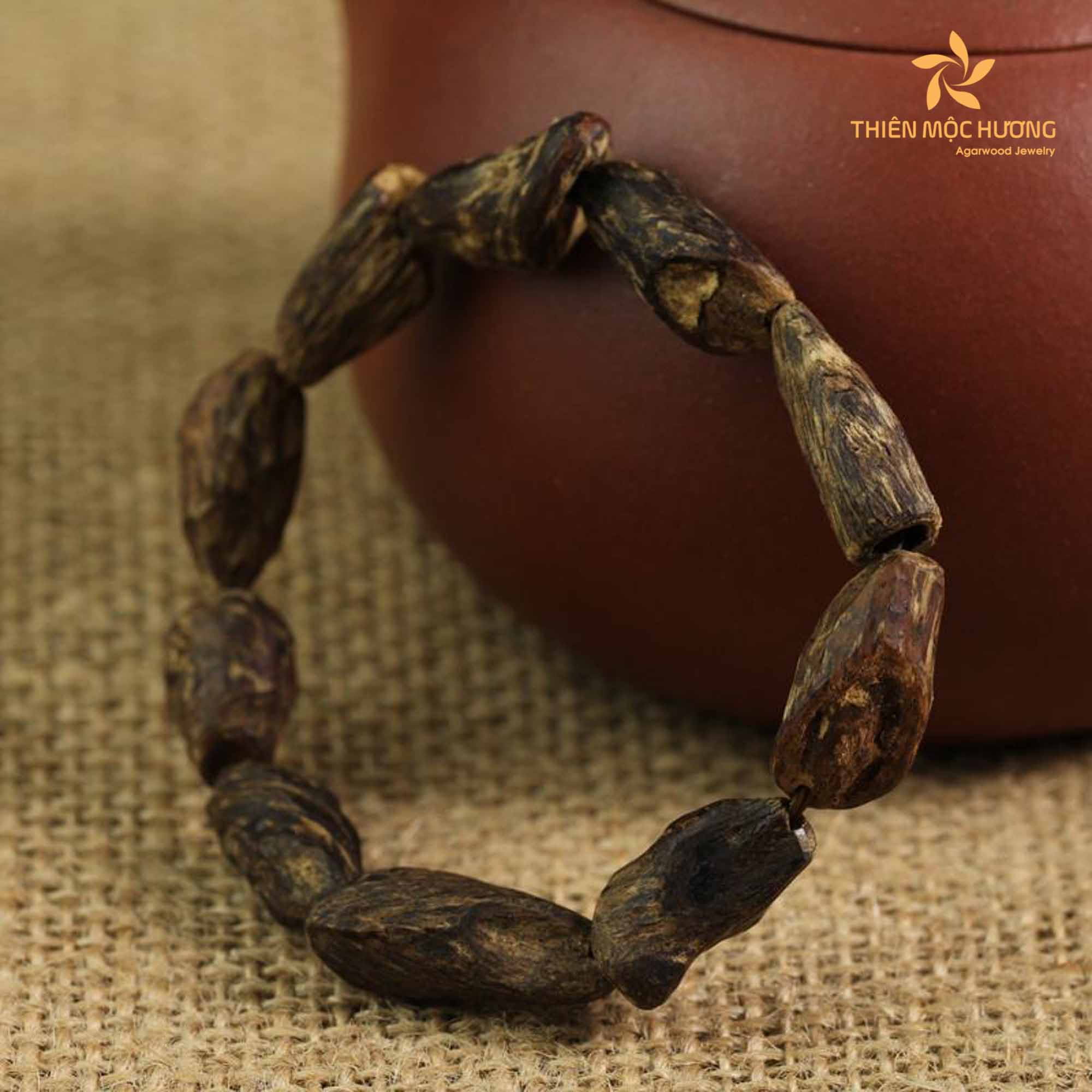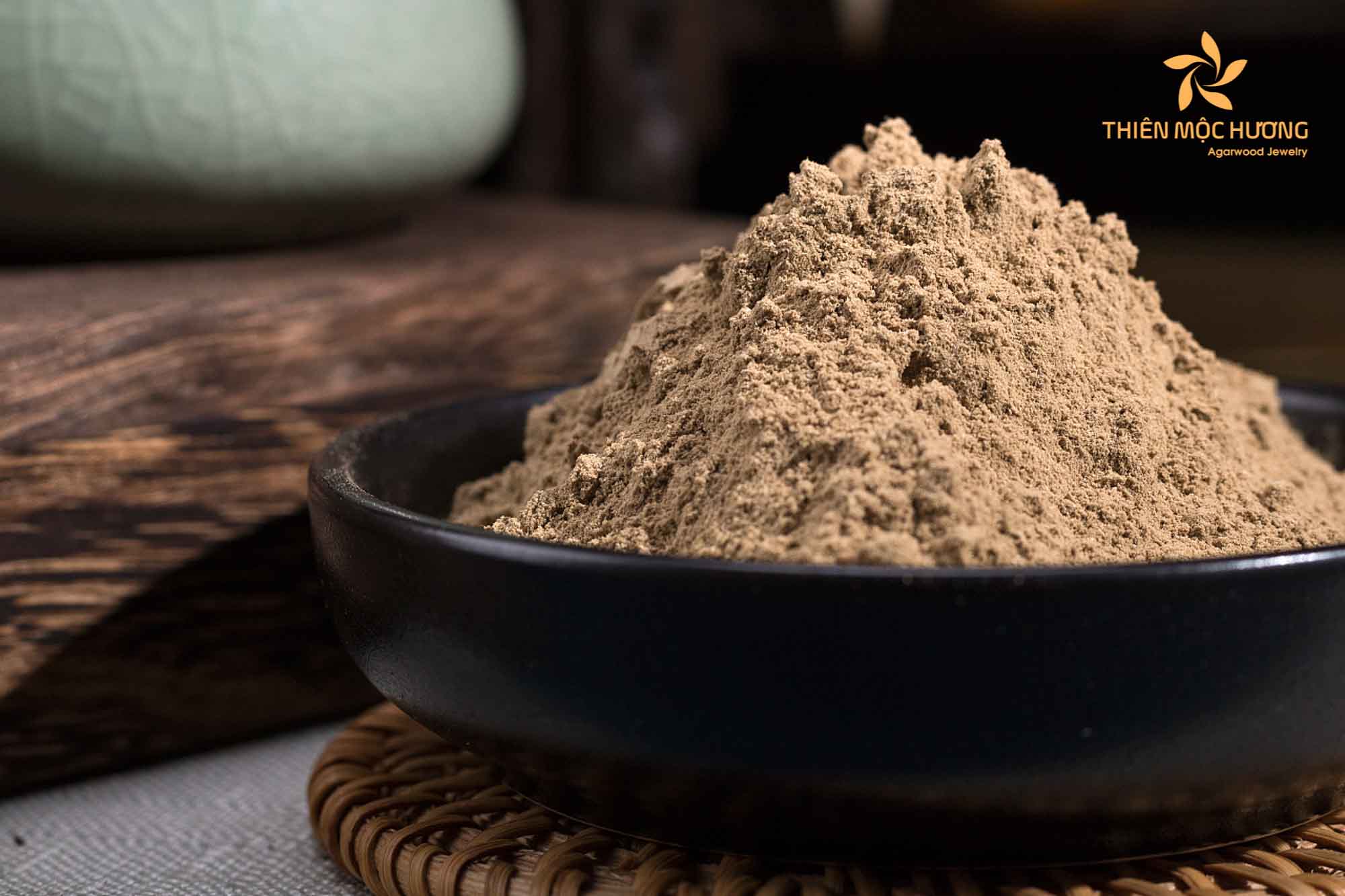Agarwood has been the subject of countless discussions surrounding its legality. With its rich history and immense cultural significance, why would such a treasure be tagged with legal complications? This blog post delves into the reasons behind the legality issues surrounding agarwood and, explain why is Agarwood illegal in some countries and zeroes in on its status in the Philippines.
I. The illegality surrounding Agarwood? Why is agarwood illegal?
1. Overharvesting and exploitation
The primary reason why agarwood finds itself amidst legal controversies is the overharvesting of Aquilaria trees. The increasing demand, combined with its scarcity, has resulted in the rapid depletion of these trees in the wild.
It’s essential to understand that only a small percentage of Aquilaria trees produce the prized agarwood. To extract this, trees are often cut down, leading to deforestation and an imbalance in the ecosystem.
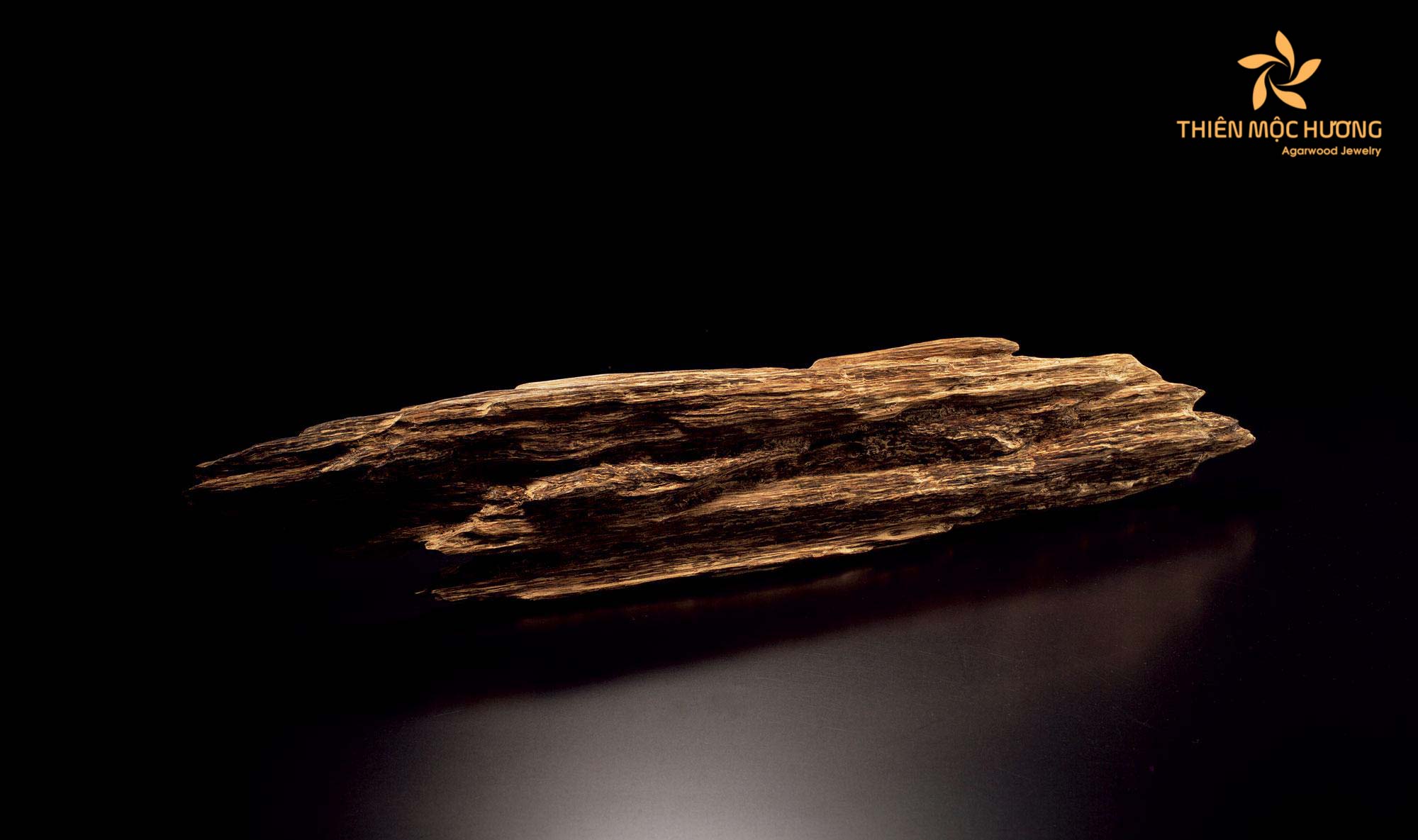
2. CITES and Agarwood protection
To counteract the exploitation and potential extinction of Aquilaria trees, the Convention on International Trade in Endangered Species of Wild Fauna and Flora (CITES) has stepped in. This international agreement among governments aims to ensure that the trade of wild animal and plant specimens does not threaten their survival.
Aquilaria species and products derived from them, like agarwood, have been listed in Appendix II of CITES since 2004. This means that while trade is allowed, it is strictly regulated to ensure sustainability.
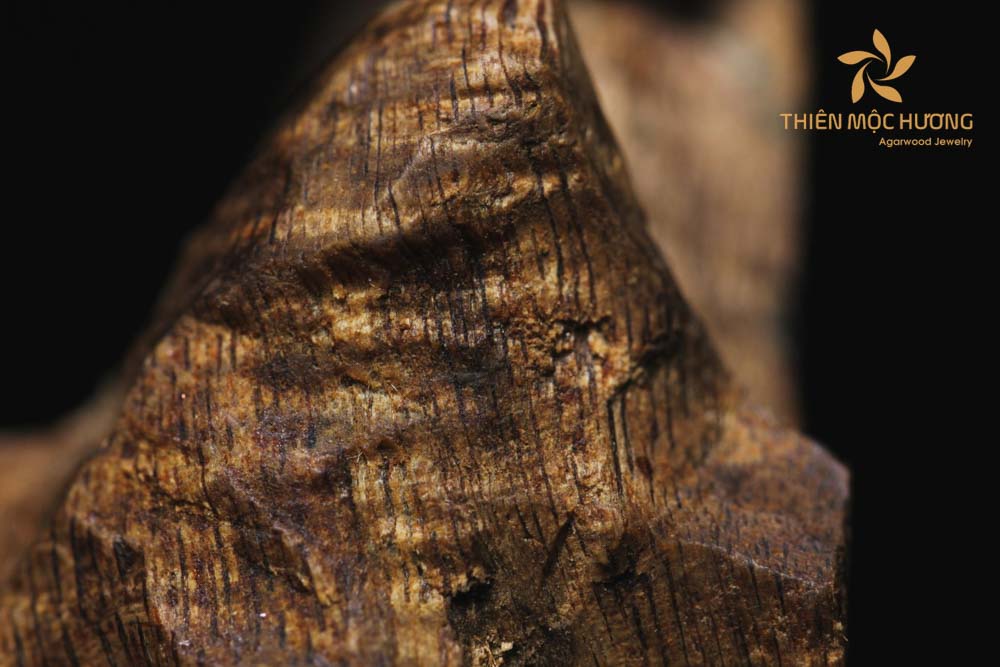
II. Is it illegal to buy or sell Agarwood? Is agarwood illegal?
1. The Grey Area
While the keyword “is agarwood illegal” might bring up a straightforward ‘yes’ or ‘no’, the reality is more nuanced. It is not outright illegal to buy or sell agarwood. However, the trade has to adhere to specific guidelines set by CITES.
2. Sustainable Farming
A silver lining amidst the concerns surrounding agarwood is the emergence of sustainable agarwood farms. These farms cultivate Aquilaria trees in controlled environments and ensure that the production of agarwood is not at the expense of our environment.
By purchasing agarwood products from certified sustainable sources, consumers can enjoy the richness of oud without contributing to the problems of deforestation and exploitation.
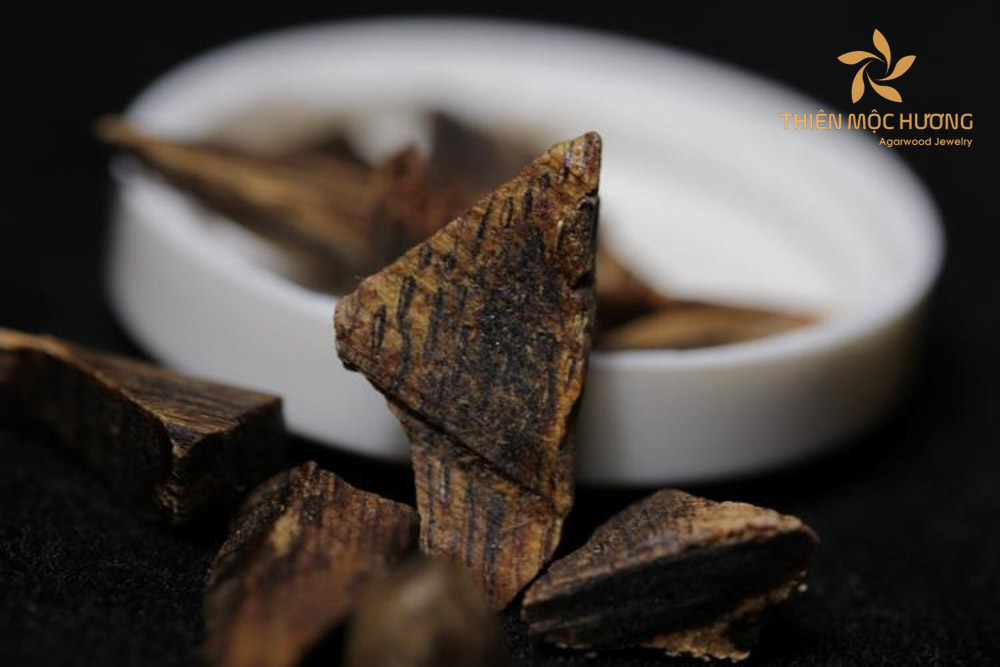
III. Is Agarwood illegal in Philippines?
Agarwood, also known as Gaharu or Oud, is not illegal in the Philippines. However, the Philippines, like many other countries, is a signatory to the Convention on International Trade in Endangered Species of Wild Fauna and Flora (CITES). Some species of trees that produce agarwood are listed in the CITES appendices, which means that international trade in these species might be subject to certain controls or restrictions to prevent over-exploitation.
1. National laws and regulations
In the Philippines, the Aquilaria species is recognized as a threatened species. The harvesting, possession, and trade of agarwood derived from the wild is illegal without appropriate permits. Efforts have been made to ensure its protection and sustainable use.
If you are planning to import, export, or trade agarwood in the Philippines, it’s recommended that you check with the local Department of Environment and Natural Resources (DENR) or related government agencies for the most up-to-date regulations and necessary permits. It’s essential to ensure that any agarwood products you have are sourced sustainably and legally to prevent further endangerment of these valuable trees.
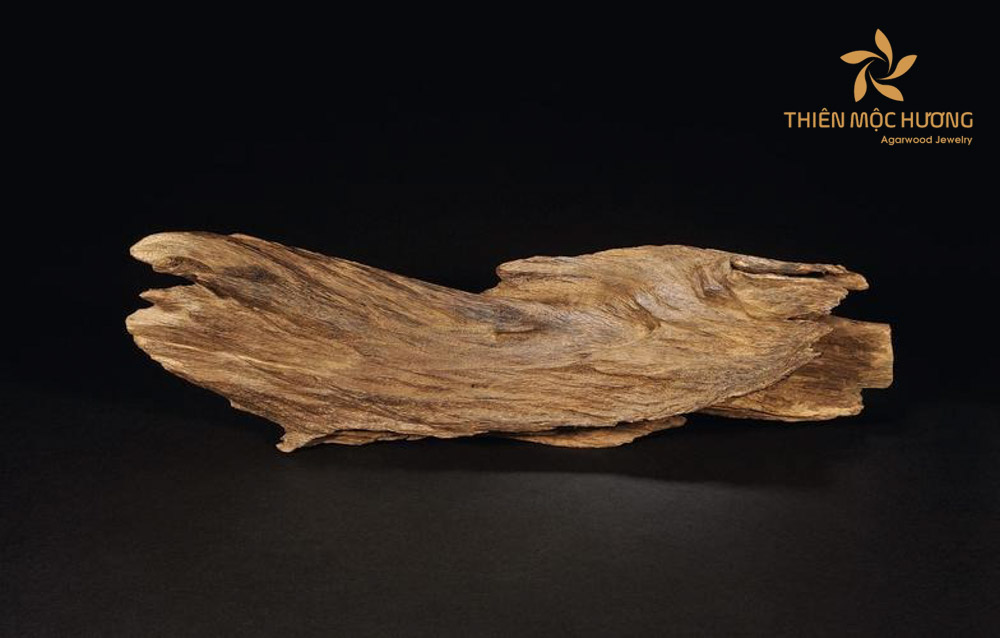
2. Cultivated Agarwood – A Loophole?
However, there is a distinction between wild-harvested agarwood and agarwood sourced from plantations. The latter, if done with proper documentation and permits, is legal in the Philippines. In fact, with the increasing demand for agarwood, sustainable cultivation practices are being promoted.
IV. Is there any country that Agarwood is illegal?
The harvesting of agarwood is not typically illegal in and of itself, but due to the overharvesting and the potential extinction risk for some Aquilaria species, many countries and international conventions have placed regulations on its trade.
The Convention on International Trade in Endangered Species of Wild Fauna and Flora (CITES) has listed several species of Aquilaria trees under its Appendix II, meaning that any international trade of agarwood from these species needs to be sustainable and not harmful to the survival of the species in the wild. As a result, countries that are signatories to CITES must provide proper documentation to export or import agarwood to ensure it’s harvested sustainably.
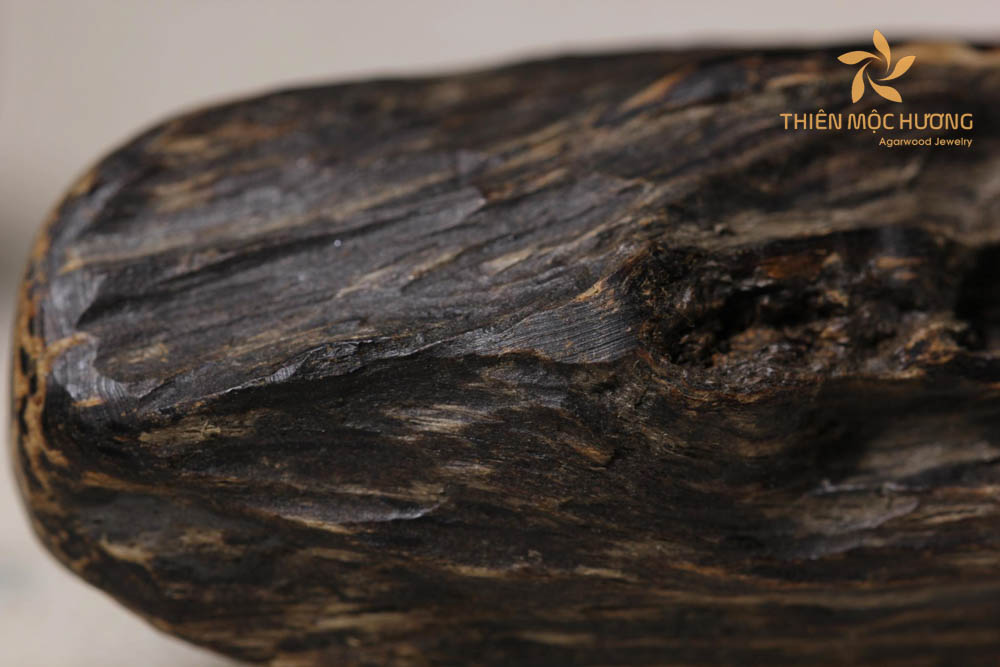
However, the legal status can vary by country and may change over time. It’s crucial to check current regulations and any specific national laws related to agarwood trade if you’re considering buying, selling, or transporting it across borders.
V. Is agarwood illegal? Outstanding economic value of Agarwood
1. Rare and unique scent
Agarwood exudes a distinct, luxurious fragrance when burned or distilled, which has been cherished for centuries. This scent is especially revered in the Middle East and other parts of Asia, where it is a staple in traditional perfumes.
2. High demand in perfume industry
Top international perfume brands often incorporate oud into their fragrances, particularly in their high-end collections. The uniqueness and richness of its scent can add value and exclusivity to perfumes.
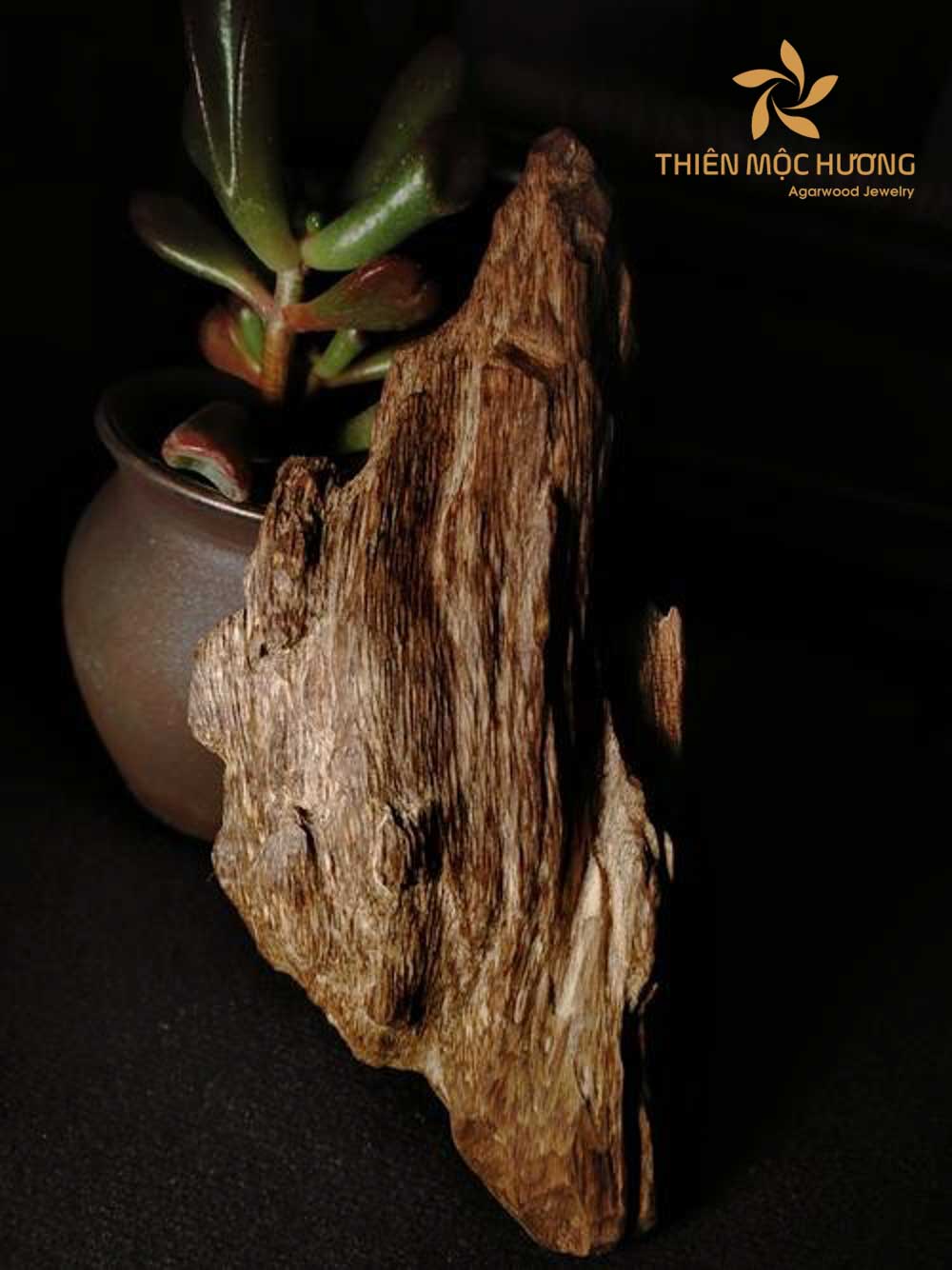
3. Limited supply
Not every Aquilaria tree produces agarwood. The precious resin forms as a defense mechanism in response to infection. As a result, finding trees with this resin naturally is rare, leading to a limited supply.
4. Medicinal value
In traditional medicine, especially in Chinese and Ayurvedic systems, agarwood has been used to treat various ailments. This adds to its demand and value.
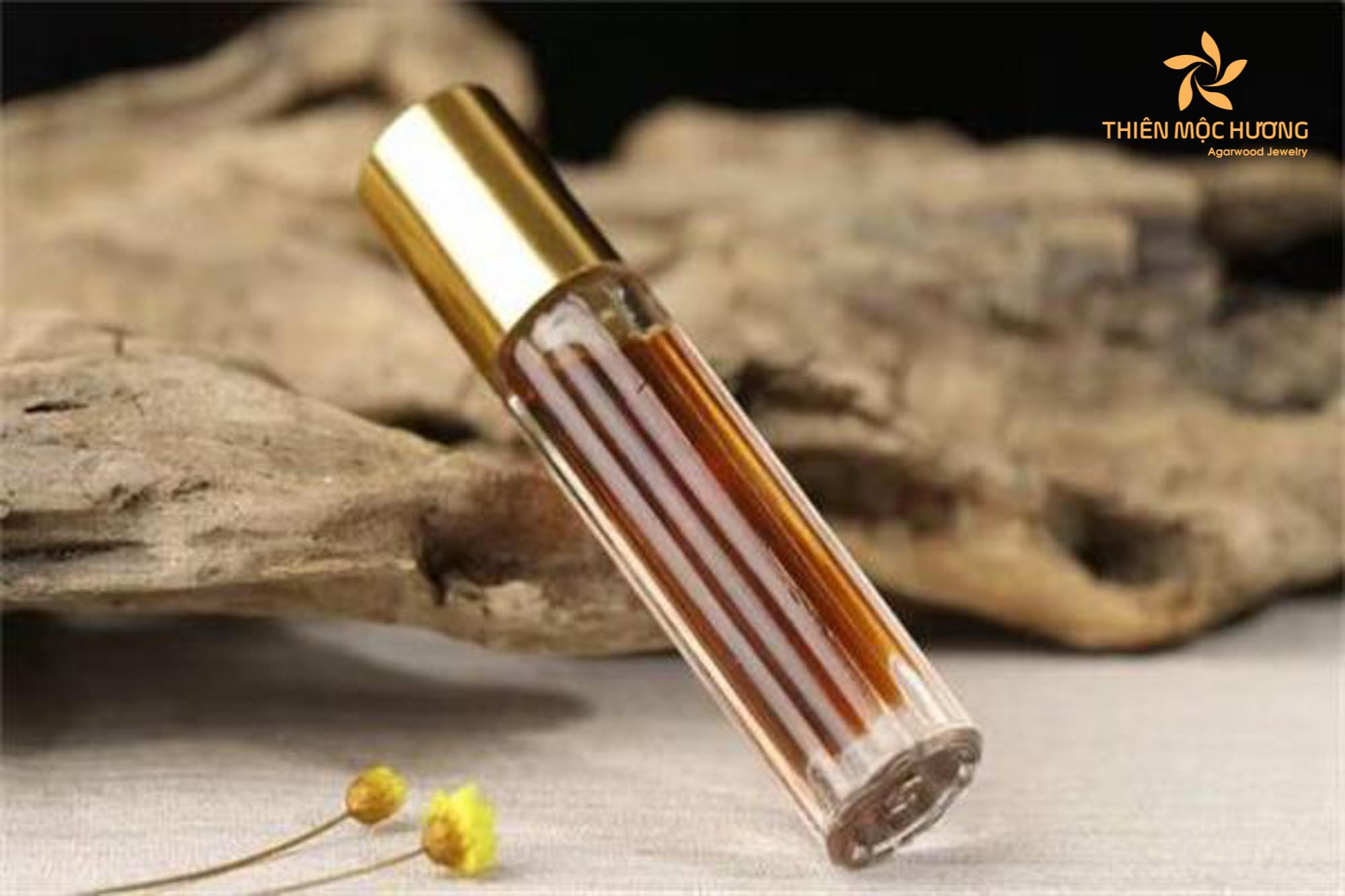
5. Cultural and religious significance
Agarwood has significant cultural and religious value in many Asian countries. It’s used in various ceremonies, rituals, and religious events. In Buddhist traditions, it’s believed to aid in meditation and spiritual growth.
6. Investment and status symbol
Due to its high cost and reverence, owning high-quality agarwood or products derived from it is often seen as a status symbol. Some investors even see agarwood as an alternative investment, similar to precious metals or gemstones.
7. Raw material for craftsmanship
Apart from its aromatic properties, agarwood is also used in crafting beads, art pieces, and other luxury items, further contributing to its economic value.
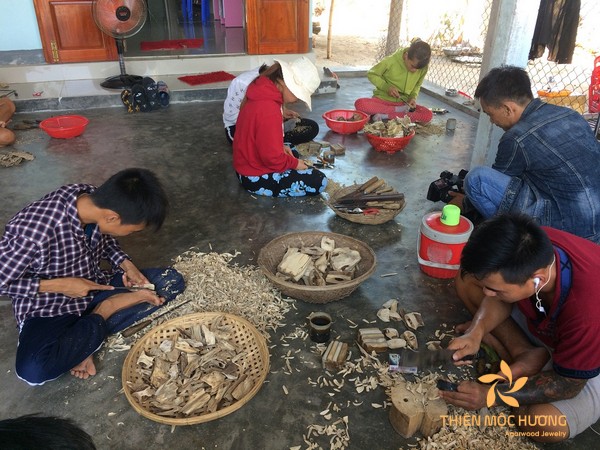
Conclusion
With the threat of extinction looming large and the importance of preserving biodiversity, the question, “is agarwood illegal?” is not merely about a commodity. It’s about striking a balance between human desires and the well-being of nature.
In the Philippines, as in many other countries, efforts are being made to ensure that the collection and trade of agarwood is sustainable. For those looking to purchase or deal in agarwood, it’s imperative to understand the source of the product and ensure it adheres to local and international regulations.
While agarwood has been a symbol of luxury and cultural significance for centuries, its future rests in our hands. Sustainable practices, awareness, and adherence to regulations will ensure that this precious resource remains for generations to come.
(3934)


